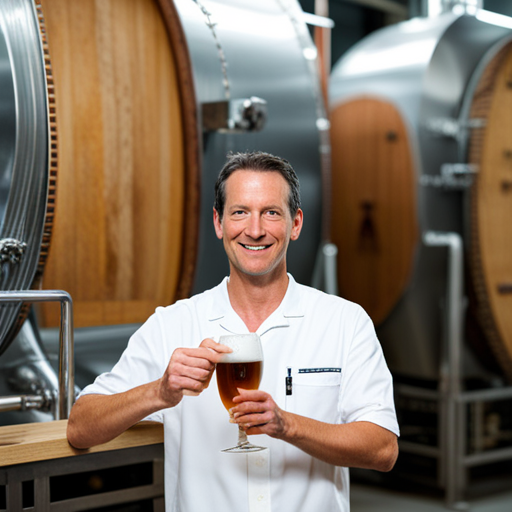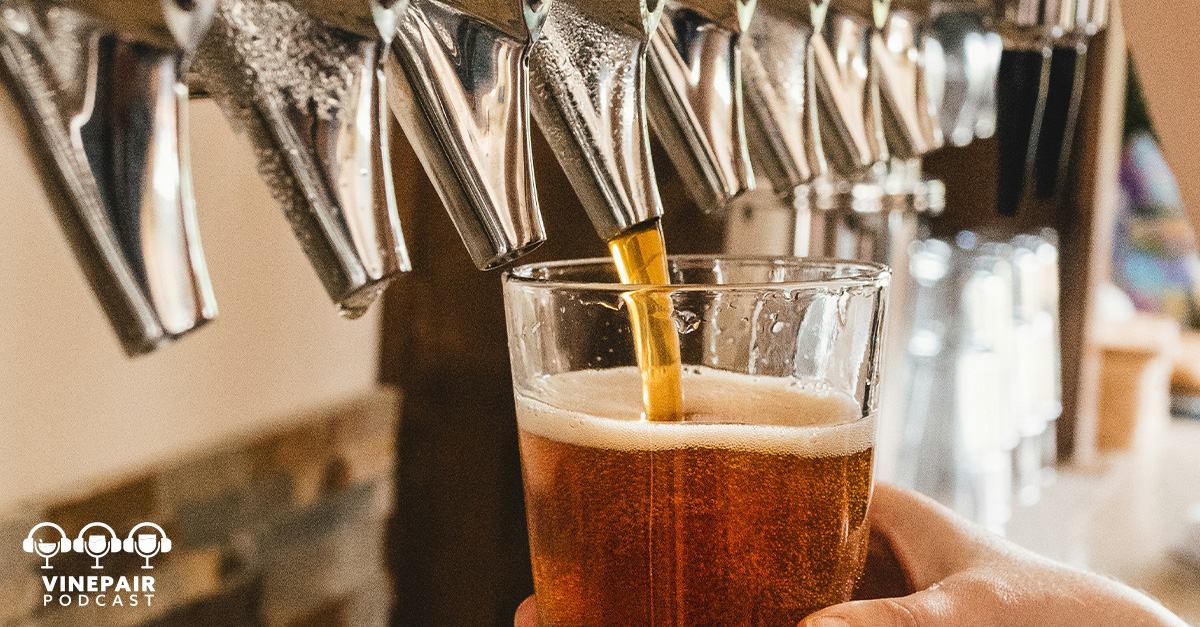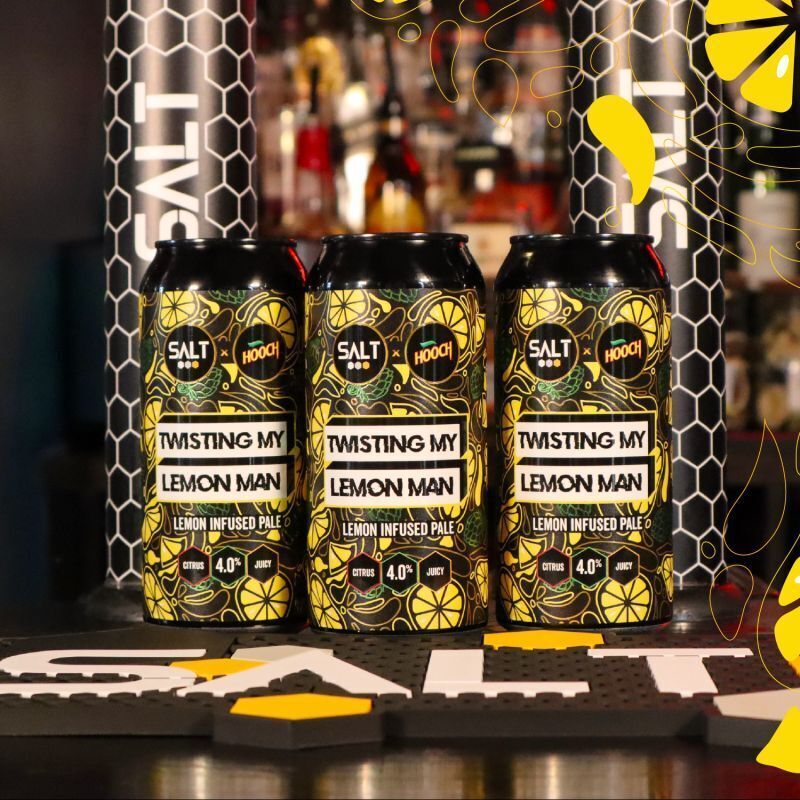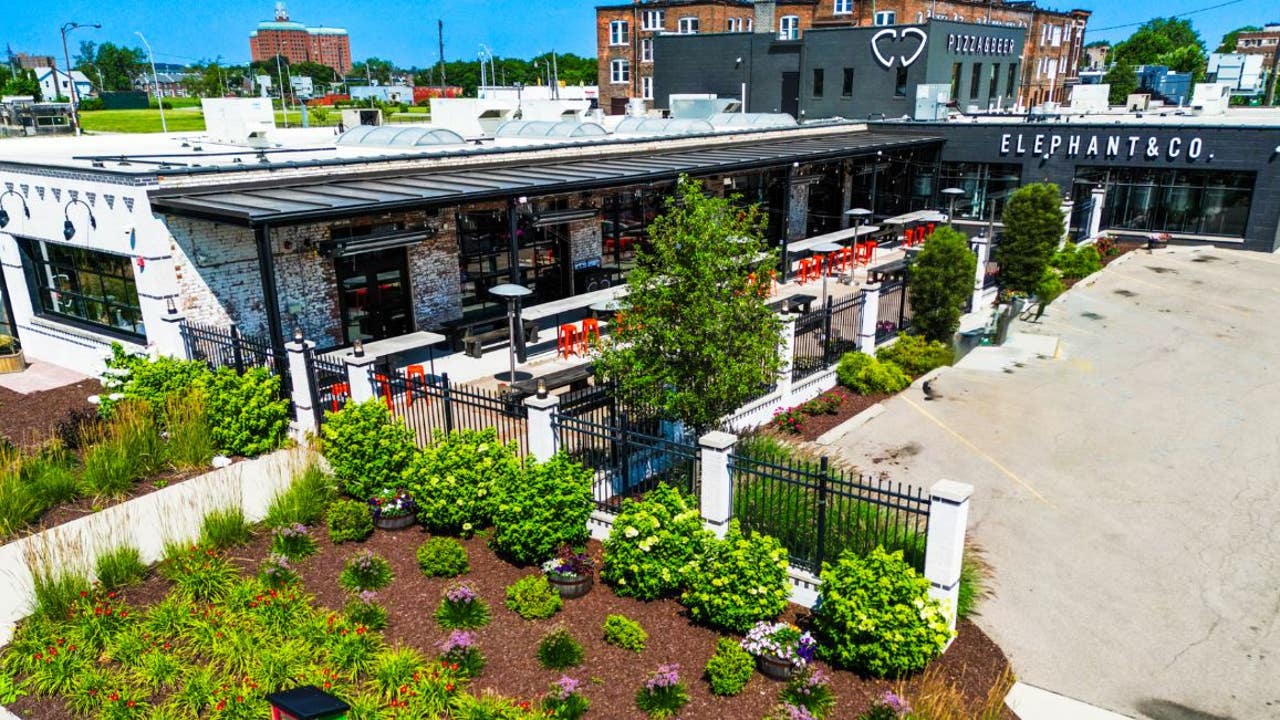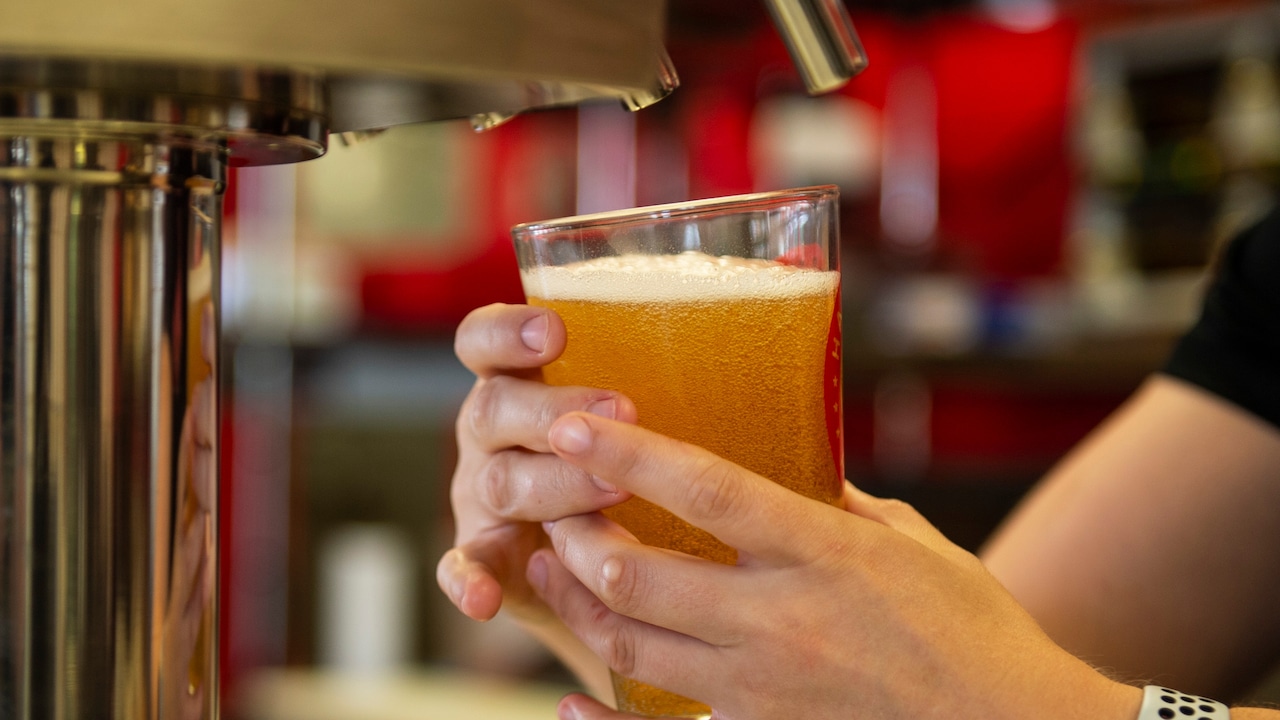The Basics of Beer Maturation
If you’re a beer lover, then you probably know that good things come to those who wait. That’s because beer maturation is a crucial step in the brewing process that can greatly influence the final taste, aroma, and overall quality of the beer. Maturation is all about giving the beer enough time to develop its flavors and mature into a well-balanced and enjoyable beverage.
Understanding the Importance of Time
Time is one of the key ingredients in the brewing process that cannot be rushed. After the fermentation stage, where yeast consumes the sugars and converts them into alcohol and carbon dioxide, the beer is still young and needs time to mellow out. During maturation, the flavors continue to develop, and any harsh or off-flavors can be smoothed out.
How Time Affects Flavor
The first thing that happens during maturation is the reduction of certain compounds that might detract from the beer’s taste. For example, diacetyl, a compound that can give beer a buttery or butterscotch flavor, is often produced during fermentation. However, given enough time, the yeast and other microorganisms present in the beer will gradually break down and remove diacetyl, resulting in a cleaner and more enjoyable taste.
Clarification and Conditioning
Maturation plays a vital role in beer clarification. During this time, solid particles, such as residual yeast, proteins, hop debris, and other haze-inducing compounds, settle to the bottom of the vessel. Additionally, maturation allows the beer to naturally carbonate, as the remaining yeast consumes small amounts of sugar and produces carbon dioxide in the process. This creates a pleasant level of carbonation without the need for forced carbonation methods.
Temperature and Time
The temperature at which beer is matured can significantly affect the final product. Like most biological processes, higher temperatures typically speed up maturation, whereas lower temperatures slow it down. Brewers carefully control the temperature during the maturation process to achieve their desired flavor profiles. Lager beers, for example, are usually matured at cooler temperatures over longer periods, leading to a crisp, smooth, and mild flavor.
The Influence of Ingredients
Aside from time, other ingredients also impact beer maturation. Hops, which are responsible for bitterness and aroma, can change during the maturation process. Their aromas can become more pronounced or mellow out over time, depending on the specific hop variety used. Likewise, malt flavors can evolve and develop complexity during maturation, creating rich and balanced flavor profiles.
The Art of Patience
While beer can be consumed relatively quickly after fermentation, allowing it to mature can lead to a rewarding and satisfying drinking experience. It’s important to remember that every beer style has its optimal maturation time, and brewers often follow specific guidelines and recipes to achieve consistent results. By patiently waiting for the beer to mature, you can enjoy a beverage that showcases the true craftsmanship and artistry of brewing.
Conclusion
Beer maturation is a fundamental process that allows the flavors, aromas, and overall quality of the beer to fully develop. Time, temperature, and the right ingredients all play important roles in this process. By understanding and appreciating the significance of beer maturation, you can elevate your drinking experience, savoring the complex flavors and enjoying the craftsmanship that goes into every glass.
